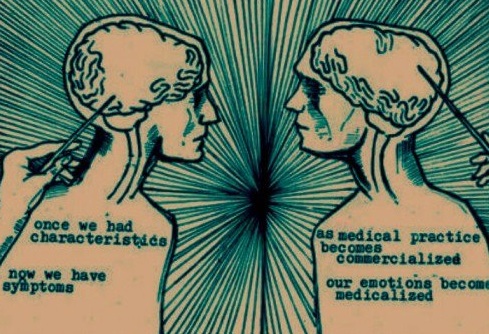I get a feeling of uncanny accuracy when I read In the Dream House. Not because I’ve ever been in an abusive relationship. I haven’t, and I hope things stay that way forever. It’s because the road – both geographical and description of place – looks so familiar and yet so far away.
Carmen Maria Machado wrote the book, and she wrote it about her relationship with an abuser who’s part of writing communities in Iowa City. Their relationship spans the U.S., but it mostly spans the distance between Iowa City, Iowa and Bloomington, Indiana.
I live in Iowa City, and I used to live in Bloomington. 6 years of the former followed by 12 years – and counting! – of the latter. Setting aside a year in Minneapolis, I’ve lived half my life in these two places.




